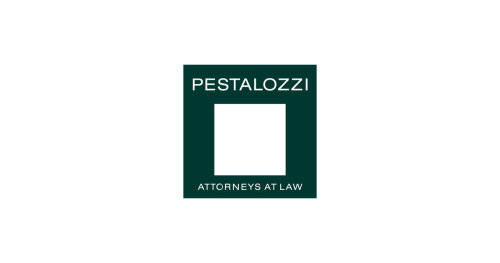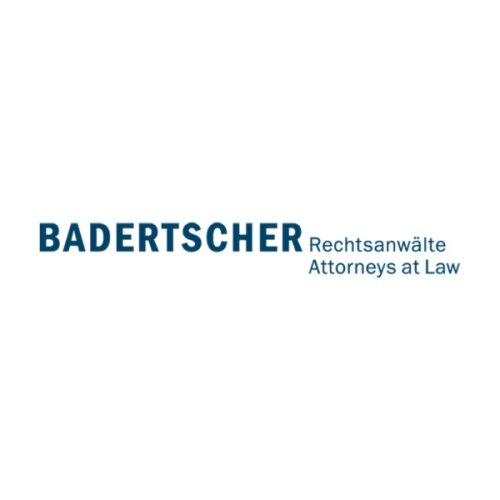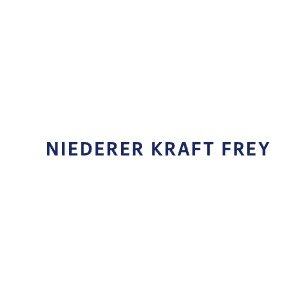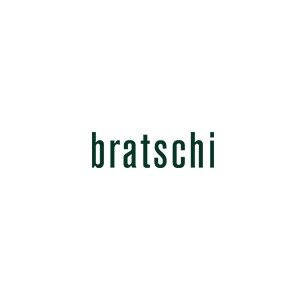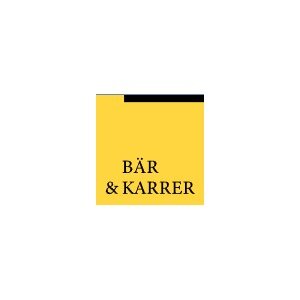Best Funds & Asset Management Lawyers in Zurich
Share your needs with us, get contacted by law firms.
Free. Takes 2 min.
List of the best lawyers in Zurich, Switzerland
About Funds & Asset Management Law in Zurich, Switzerland
Zurich is Switzerland's financial hub and one of Europe's leading centers for funds and asset management. The city is home to numerous banks, investment firms, wealth managers, and independent asset managers, serving both domestic and international clients. Funds and asset management law in Zurich governs how investment vehicles are set up, managed, marketed, and regulated. This legal field ensures that investors are protected, market stability is upheld, and regulations are adhered to by all market participants. The Swiss legal system, including Zurich, is known for its investor-friendly approach, robust regulatory framework, and commitment to financial integrity.
Why You May Need a Lawyer
Navigating the regulatory and operational complexities of funds and asset management in Zurich can be challenging, particularly for those unfamiliar with Swiss financial law. Common situations where legal assistance is essential include:
- Establishing a new fund or asset management company
- Ensuring compliance with Swiss Financial Market Supervisory Authority (FINMA) regulations
- Structuring cross-border investment solutions
- Resolving disputes related to fund management or investment strategies
- Advising on anti-money laundering compliance
- Mergers, acquisitions, or restructuring within the asset management sector
- Drafting and reviewing contracts, prospectuses, and disclosure documents
- Handling regulatory investigations or enforcement actions
- Protecting investor interests and rights
- Tax planning and international information exchange considerations
A lawyer specialized in funds and asset management can help you navigate these issues, ensure compliance with local and international regulations, and protect your interests.
Local Laws Overview
Funds and asset management in Zurich are primarily governed by Swiss federal law, with several key statutes regulating the sector. Some key aspects include:
- Collective Investment Schemes Act (CISA): Sets the framework for collective investment funds, regulating their organization, management, and sale to investors.
- Financial Institutions Act (FinIA): Regulates asset managers, fund management companies, and other financial institutions, specifying licensing requirements and operational obligations.
- Financial Services Act (FinSA): Introduces rules on client protection, transparency, and conduct for those offering investment services.
- Swiss Financial Market Supervisory Authority (FINMA): The central regulatory body responsible for licensing, supervision, and enforcement in the asset management industry.
- Anti-Money Laundering Act (AMLA): Imposes obligations on market participants to prevent and report money laundering and terrorism financing.
- International Tax Compliance: Switzerland adheres to global standards for tax transparency and information exchange, affecting fund structures and cross-border investments.
Zurich, as part of Switzerland, interprets and enforces these laws to maintain its reputation as a secure and reputable financial center. The legal environment is both investor-friendly and highly regulated, balancing innovation with strict oversight.
Frequently Asked Questions
What is an investment fund, and how does it work in Switzerland?
An investment fund is a pool of assets collected from investors to invest in stocks, bonds, real estate, or other securities. In Switzerland, investment funds are classified and regulated based on their structure, the type of investors they serve, and the investments they hold, under the Collective Investment Schemes Act.
Do I need a license to manage assets or operate a fund in Zurich?
Yes. Asset managers, fund management companies, and those offering investment advice or services generally require authorization from FINMA. The type of license depends on the services provided and client profiles.
What are the main types of investment funds in Switzerland?
The main types include contractual funds, investment companies with variable capital (SICAV), investment companies with fixed capital (SICAF), and limited partnerships for collective investment. Each operates under specific regulations and is suited for different investor types.
Can foreign funds be distributed in Zurich?
Yes, foreign funds can be distributed in Zurich, but they must be recognized by FINMA and comply with Swiss marketing rules and investor protection standards before being offered to Swiss investors.
What are the risks of non-compliance with asset management regulations?
Non-compliance can result in license revocation, fines, legal actions, reputational harm, and, in severe cases, criminal sanctions. Ongoing compliance with reporting, anti-money laundering, and client protection obligations is essential.
How are investors protected under Swiss law?
Swiss law mandates clear investor disclosures, fairness in treatment, segregation of client assets, and rigorous oversight by FINMA. Dispute resolution mechanisms are in place, and breaches can be pursued through Swiss courts.
Are there tax benefits for fund structures in Zurich?
Swiss law provides certain tax efficiencies for collective investment vehicles, but tax treatment varies depending on the fund’s structure, investor residency, and the assets held. Specialist legal and tax advice is recommended.
What reporting and disclosure obligations apply to asset managers?
Asset managers must regularly provide information to investors and regulators about fund activity, performance, fees, and compliance with legal standards. They must also report suspicious activities under anti-money laundering laws.
Can I invest in Swiss funds as a foreigner?
Yes, foreigners can invest in Swiss funds, subject to fund type, investor eligibility criteria, and local regulations in the investor’s home country.
How long does it take to set up a fund or asset management company in Zurich?
The process can vary, typically taking several months. Timeframes depend on the complexity of the structure, regulatory approvals, and the completeness of documentation provided to FINMA and relevant authorities.
Additional Resources
If you need more information or wish to seek assistance, the following organizations can be highly helpful:
- Swiss Financial Market Supervisory Authority (FINMA) - Regulates and supervises the industry
- Swiss Funds & Asset Management Association (SFAMA) - Provides guidance and support for fund managers
- Zurich Bar Association - Lists qualified lawyers with expertise in financial law
- Swiss Bankers Association - Offers public resources on financial regulations
- Federal Department of Finance (FDF) - Publishes regulatory updates and official guidance
Next Steps
If you are considering establishing a fund, investing in Swiss funds, or starting an asset management business in Zurich, you should:
- Assess your specific needs and objectives
- Gather all relevant documentation concerning your planned activities
- Contact a qualified Swiss lawyer specializing in funds and asset management law
- Arrange a consultation to discuss your case, compliance requirements, and legal options
- Stay informed about changes in Swiss and international financial regulations
Engaging with a local expert ensures you understand the legal landscape, comply with all regulatory obligations, and achieve your financial goals securely and efficiently in Zurich, Switzerland.
Lawzana helps you find the best lawyers and law firms in Zurich through a curated and pre-screened list of qualified legal professionals. Our platform offers rankings and detailed profiles of attorneys and law firms, allowing you to compare based on practice areas, including Funds & Asset Management, experience, and client feedback.
Each profile includes a description of the firm's areas of practice, client reviews, team members and partners, year of establishment, spoken languages, office locations, contact information, social media presence, and any published articles or resources. Most firms on our platform speak English and are experienced in both local and international legal matters.
Get a quote from top-rated law firms in Zurich, Switzerland — quickly, securely, and without unnecessary hassle.
Disclaimer:
The information provided on this page is for general informational purposes only and does not constitute legal advice. While we strive to ensure the accuracy and relevance of the content, legal information may change over time, and interpretations of the law can vary. You should always consult with a qualified legal professional for advice specific to your situation.
We disclaim all liability for actions taken or not taken based on the content of this page. If you believe any information is incorrect or outdated, please contact us, and we will review and update it where appropriate.




